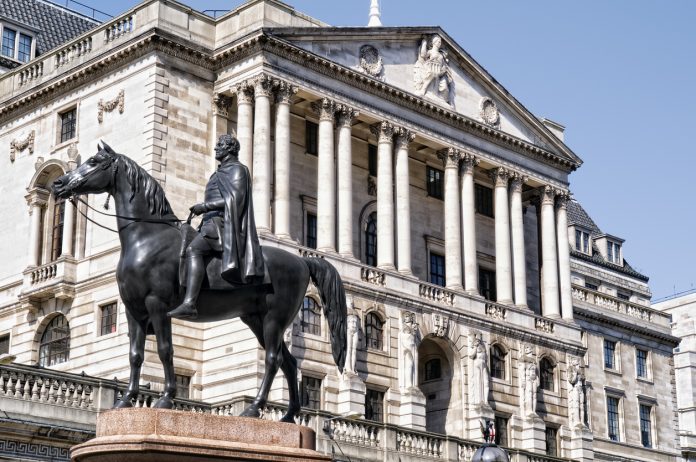The Bank of England is set to maintain its current interest rate of 5.25% for the sixth consecutive time, as announced today
This decision follows concerns about growing inflation, which has remained stubbornly above the Bank’s target of 2%, currently standing at 3.2%.
Economic uncertainty and geopolitical tensions have created challenges for policymakers. The Bank’s recent decision will address the interest rate decision and also offer insights into inflation projects and the overall course of the UK economy.
With an upcoming general election, both major political parties have been outlining their strategies for promoting economic growth.
Inflation and economic pressure
Prime Minister Rishi Sunak has expressed optimism, projecting 2024 as the year for economic renewal. However, in reality, many households are still struggling with economic pressure.
The decision to maintain interest rates at their current 16-year high shows the Bank’s strategy to control current inflationary pressures and mitigate the rising cost of living.
By keeping borrowing costs elevated, the aim is to moderate consumer spending, therefore helping demand for goods and services and consequently easing price rises.
Interest rates and what they mean for businesses?
While interest rates can help curb inflation, they are also a threat to economic growth by discouraging business investments and job creation.
For consumers, the impact of interest rate decisions is noticeable. The Bank of England’s base rate influences the rates set by high-street banks and lenders. Consequently, individuals may find themselves paying more for borrowing, such as mortgages, while savers may benefit from improved returns on their savings.
The lift in Covid-19 restrictions has led to a surge in demand for goods, which means inflationary pressure has been worsened. Geopolitical tensions have further meant energy and food prices have risen.
16-year interest rate high
In October 2022, inflation peaked at 11.1%, marking the highest rate in four decades.
As the Bank of England decides on interest rates, attention is also focused on indicators such as wage growth, which remains elevated at 6% year on year. While recent data suggests a moderation in inflation, wage dynamics continue to be a concern.
Although interest rates are expected to stay on hold, in today’s meeting, the monetary policy committee (MPC) may make suggestions on when this is set to lower from its 16-year high.
Editor's Recommended Articles
-
Must Read >> UK inflation hits lowest point in over two years
-
Must Read >> UK predicted to lead G7 Nations in inflation rate















